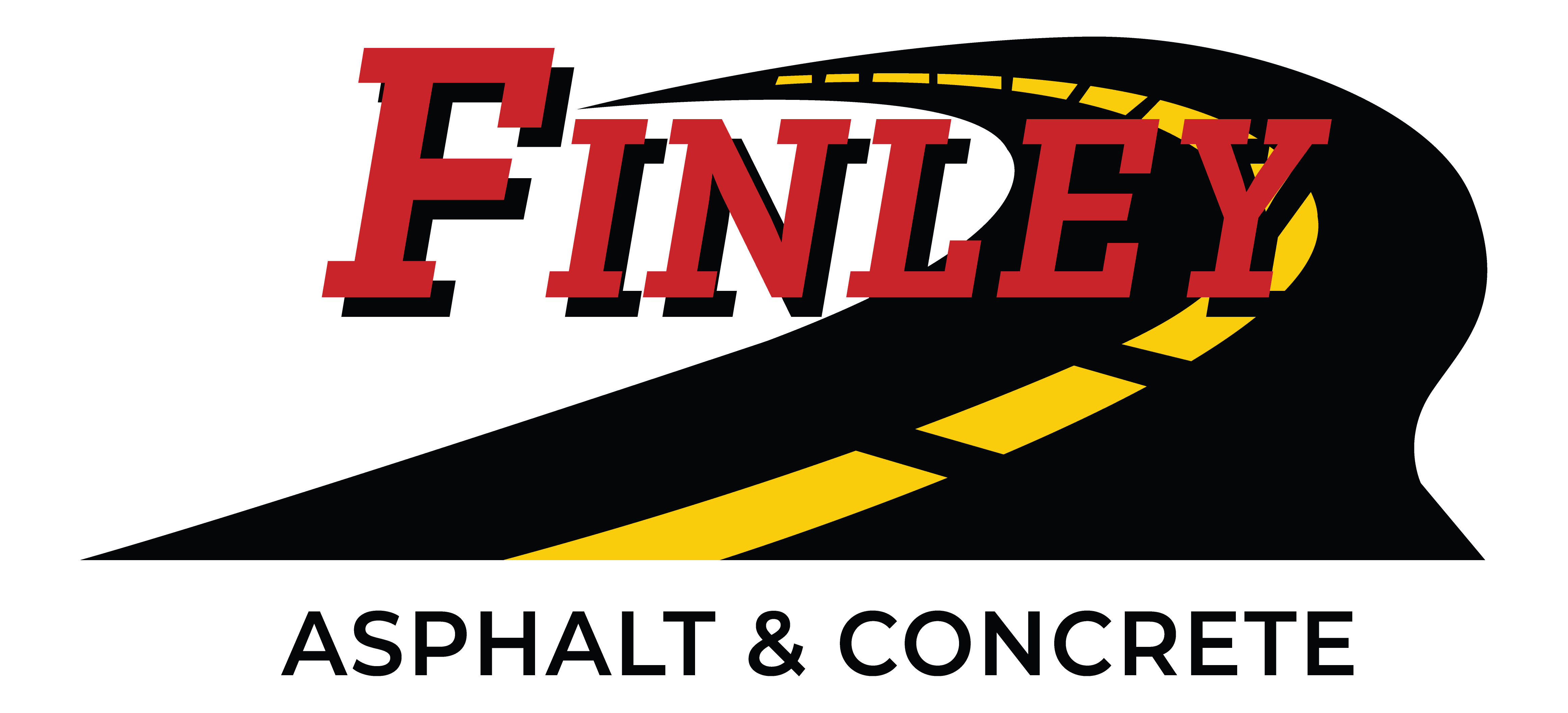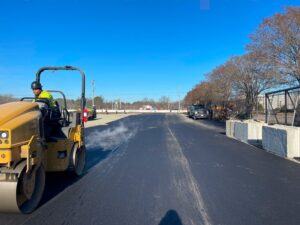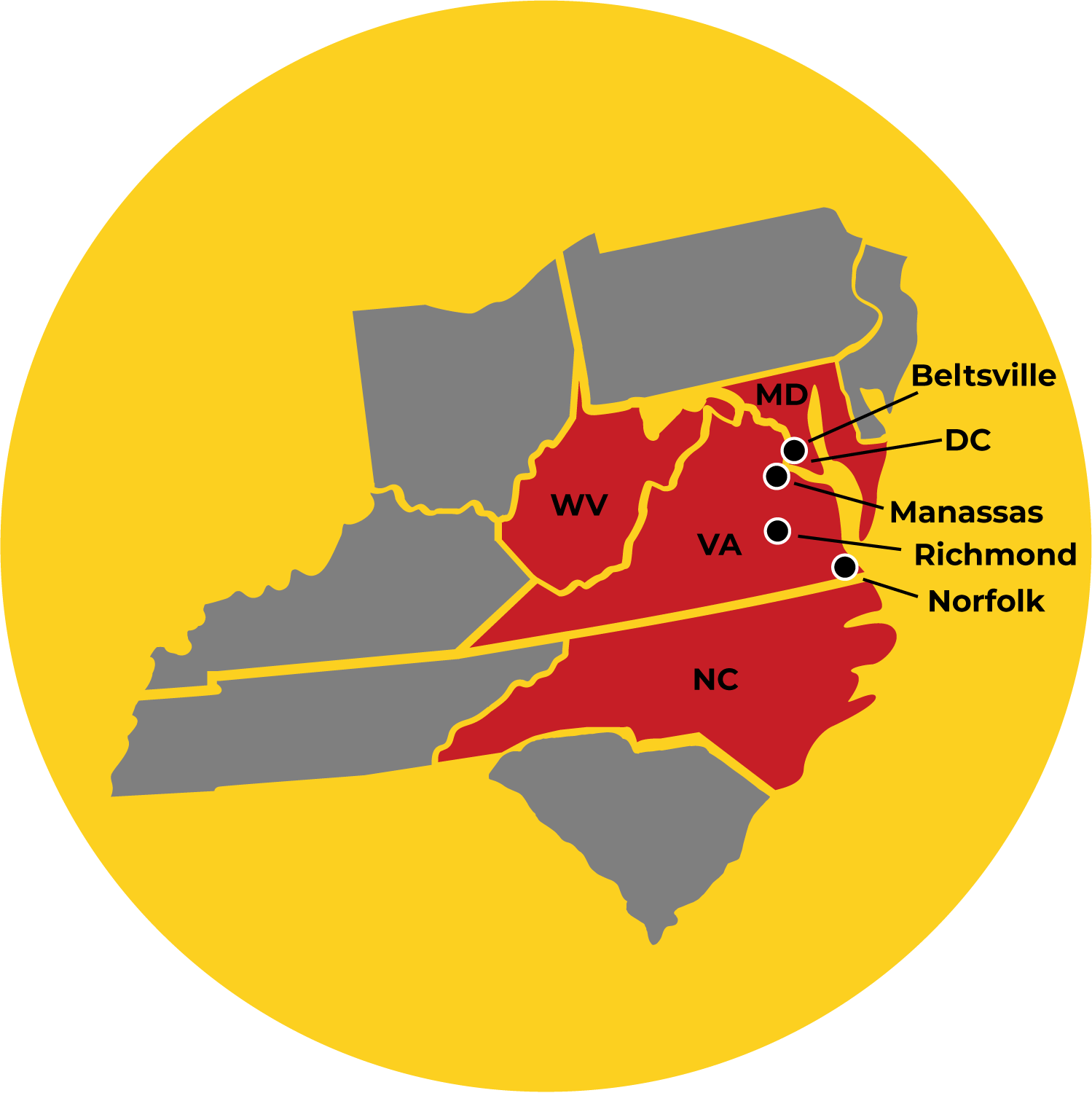There are quite a few asphalt contractors in the D.C. metropolitan area. But which one is the right one for you and your project? Here are some points to know and consider when searching for an asphalt contractor:
- How long has the contractor been in business? Expertise, experience, and success are built over time.
- Is the contractor financially secure? The downturn in the economy has taking its toll on even the most established contractors. How can this information be obtained? Quite easily. Ask the contractor for a bank reference as well as references from the supplier(s) that will be furnishing the materials for your project.
- Has the contractor performed comparable projects both in scope and size? For example: If your project is a complete pavement overall with a price tag of $250K, make sure that the contractor(s) has a history of successfully performing projects of this magnitude. Ask the contractor for at least three references of past completed projects of comparable scope and size.
Is the contractors insurance coverage limits enough? Ask the contractor to provide you with a certificate of insurance. Then send it to your insurance agent to confirm that the coverage limits are acceptable. - Is the contractor requesting an upfront deposit? This is somewhat typical for small residential contractors to request an upfront deposit simply because they do not have credit with their suppliers or sufficient working capital. However, in the commercial market it is not typical to require any monies in advance of starting a project. A legitimate and secure contractor has the necessary working capital to perform the work and credit terms with vendors and suppliers to purchase the materials. Typical payment terms should be anywhere from 15-30 days after the work has been satisfactorily completed.
- Familiarize yourself with a payment and performance bond (also referred to as a surety bond)? Payment bond ensures that the contractor pays for all of the materials and services used on a project. If the contractor fails to make payment to any of its suppliers or vendors, then the insurance company will step in and make the payments. This will avoid any potential third party mechanics liens that could be filed against the property. In the case of a homeowners association, potentially multiple mechanics liens. Performance bond ensures that the contractor shows up and completes the work in accordance with the contract. A performance and payment bond will add a premium to the contract price, usually 1-2%. Even if you will not be requiring a payment and performance bond from the contractor, ask the contractor for a letter from their bonding company/agent that indicates that they are “bondable” and what their bonding limits are. This can be another tool used to assess the financial stability of a contractor.
- Is the contractor licensed with the state where your project is located? Ask the contractor for a copy of the state license.
- Contact the Better Business Bureau (bbb.org) to check the contractor’s history.
- Is the contractor prequalified with any state agencies such as the Virginia Department of Transportation (VDOT)? A pre-qualified contractor is subjected to a rigorous application process that looks at past experience, safety, etc. Most all VDOT projects require a payment and performance bond. This is another tool to ensure that the contractor is secure and qualified.
- Is the scope of work is the same from all bidding contractors? For example: If you obtain three bids you may very well have three different opinions/ideas from each contractor. A recommendation is that a scope of work be created and provided to each contractor. You may want to do this after you have consulted with a contractor(s). Then ask the bidding contractors to submit their proposals based on the exact scope of work that has been provided to them. This will ensure an “apples to apples bid”
- Will the contractor be using any solvents on your project? The trucks and machinery used to transport and install the asphalt must be sprayed down with a release agent so that the asphalt will not stick to the equipment. Years ago it was a standard of the industry to use a solvent such as diesel fuel. Today environmentally friendly anti release agents are readily available. Confirm with your contractor that NO solvents will be used on your project!
- What type of warranty does the contractor(s) offer? The warranty should be in writing and clearly describe the length of the warranty period and specifically describe what the warranty covers.
- Will any of the work be subcontracted? When work is subcontracted to a third party the prime contractor has no control over the scheduling, safety, or the quality of the work. Ask the contractor(s) will any of the proposed work be subcontracted to a third party.






